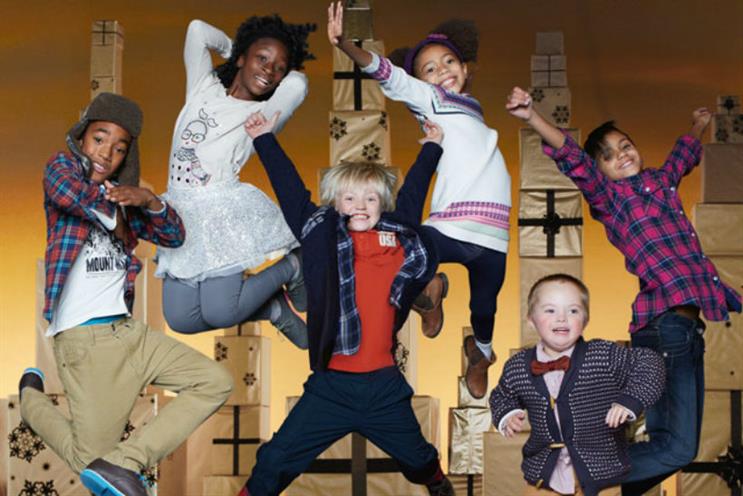
‘Stop Faking It’, unveiled yesterday at Mumsnet’s annual conference Mumstock, identified 66 separate groups that women use to form their identity as mums, and found that the average individual identified with six of these groups.
The identities ranged from the most common groups, such as mums who breastfed their babies, which covers 32% of the total, and mums with children of secondary school age (31%) to the more unusual, such as mums who were pregnant over 40, and expat mums.
The study also looked at which identities were the most ‘intense’, meaning those that had the most impact on how mums saw themselves, with the highest ranking including mothers of twins or multiples, adoptive mums, and mothers who are LGBT.
The report pulled out four major findings that were suggestive of how brands could better cater to mums. These were:
There are 2.5m single-child families that don’t have access to the best value products, when so many products are designed for families with two children.
Package holidays are invaluable for families with children that have special needs.
Teenagers mould the purchasing behaviour of their mums as much as mums influence their teenage kids.
Both single mums and their children often felt very positively about their upbringing, but lone parent families were very rarely represented in marketing.
Richard Huntingdon, chief strategy officer at Saatchi & Saatchi, said the last point appeared to be especially challenging for marketers. "Very few brands are prepared to go anywhere near this subject," he said.
Inclusivity is not 'tokenistic'
Marketers from HSBC, BT, the BBC and Merlin subsequently discussing the report said brands needed to target less visible groups of mums.
"Who are the customers who are not coming to you, and why are they not coming to you?" was the question marketers should ask themselves, according to Emma Woods, group marketing and digital director at Merlin. In her previous role as marketing director of Pizza Express, Woods oversaw the introduction of gluten-free pizzas across the restaurant chain.
Responding to a question about whether there was a risk of appearing "tokenistic" in aiming to cater to niche consumers, BT chief brand officer Zaid al-Qassab said this should not be a concern for brands with a healthy approach to their customers.
"It’s not tokenistic if you if you listen to your customer and reflect on their needs, if you look at a piece of data and spot that there’s a niche," he said. "I’m a big believer in combining quantitative data with deep qualitative understanding of what people are really thinking and saying.
Al-Qassab added that speaking to mums in more than one context - on their own, with partners, and with children - helped bring out the variety of ways that they see and present themselves.
Kadra Buchanon, one of six women profiled in the report, said that brand experiences were often alienating for her and her daughter, who has special needs. She gave the example of an occasion when her daughter had gone into a shop to buy trainers, and come out with the first pair she saw, due to finding the store’s loud music overwhelming.
Buchanon also said she often found that marketing did not represent families such as hers.
"It’d be nice if they did include families with children with learning and physical disabilities," she said. "I don’t think large families or mixed families are represented either.
"Racially, it’s either black or white… but there are other races. A lot of people are mis- or under-represented in adverts."
The research included a quantitative study with Ipsos Connect (representative sample of 1,977 mums aged 16-60 with children aged between 0-18 years), qualitative research into six of the audience groups, and a further survey with Mumsnet of 814 respondents.



.jpg)
.jpeg)
